Economics as a Human Culture
This culture has the dream or purpose to create or reinvent concepts that govern and influence human choices.
Economics - Subcultures
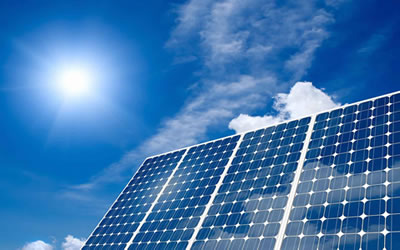
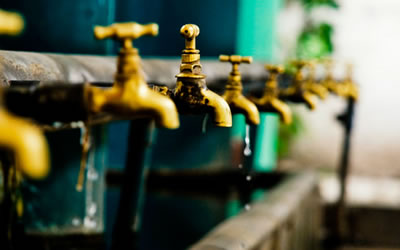




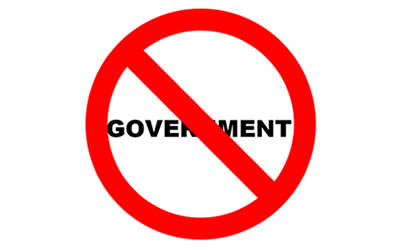









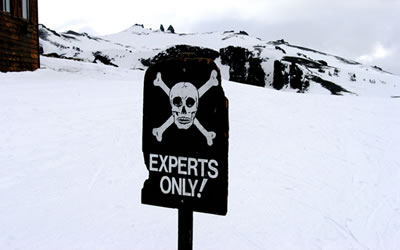

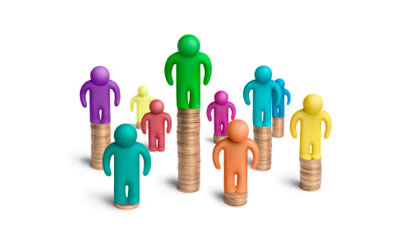

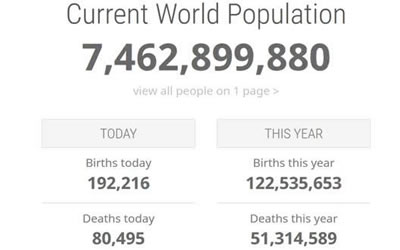
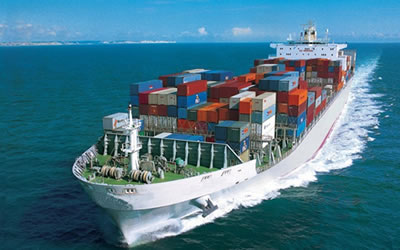



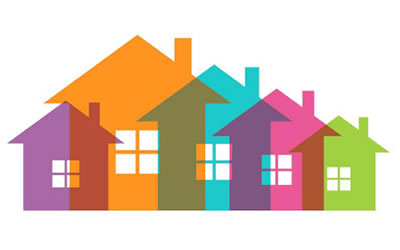



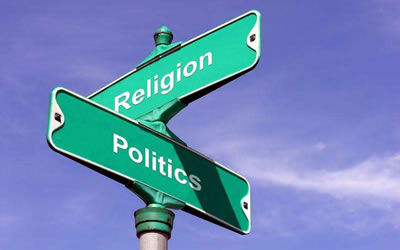


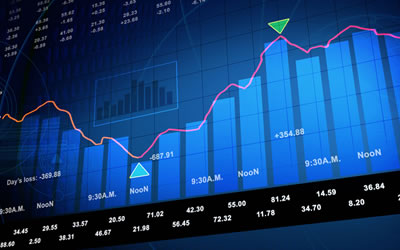

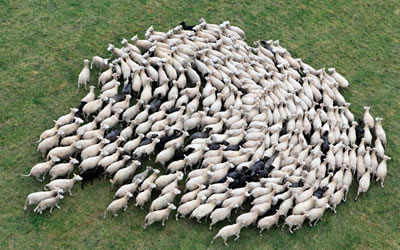
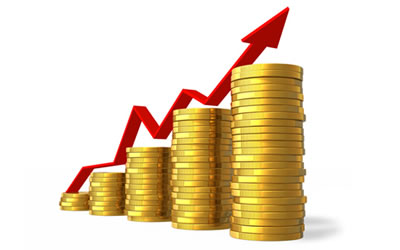

Economics - Data Collection
As an Economist, please Login and provide research data on any of the following topics.
1. Government Agencies.
In preparing the faculties of knowledge to function constitutionally as Arms of Government, please list as many government offices, agencies, ministries, institutions, or parastatals presently in your region you believe fall under the authority, leadership, jurisdiction, legislation, or administration of the faculty of Economics.
2. Licensing Rights.
Products and services are the efforts of multiple faculties working collaboratively. However, in our new economic design, conflicts arise on which faculty should possess the rights of ownership. Example. CELLPHONES - Physics or Electrical Engineering. PLASTICS - Chemistry or Materials Science. PHARMACEUTICALS - Biology or Health Science. List as many services, gadgetries, products, creations, or inventions that economists provide or offer presently in your region that you believe fall under the licensing rights of the faculty of Economics.
3. The Future.
The faculty of Economics has just been granted ample funding and unhindered federal powers. Suggest a new idea, course of action, strategy, dream, innovation, or next-generation agency that economists could implement, establish, or research and develop towards achieving a utopia in your region.